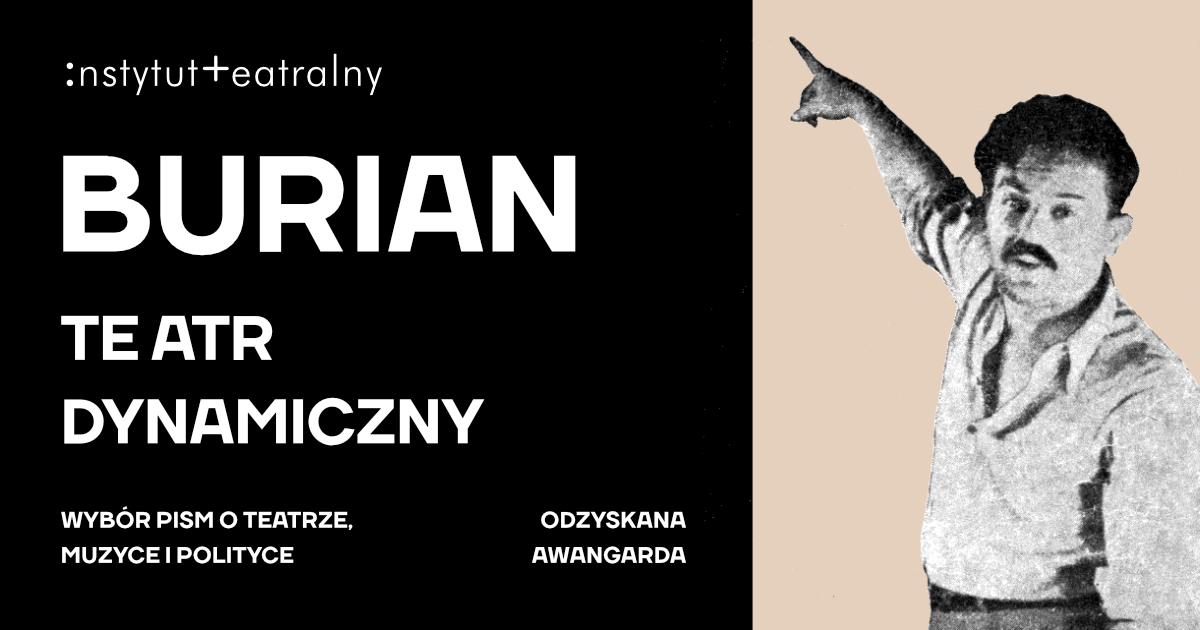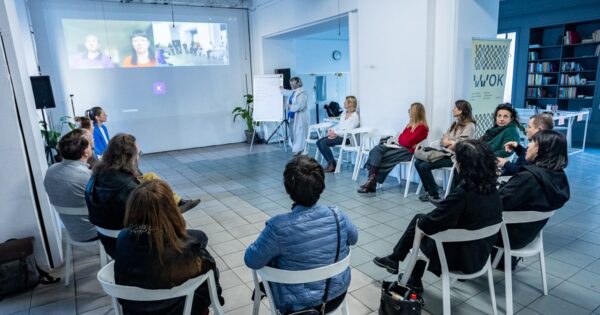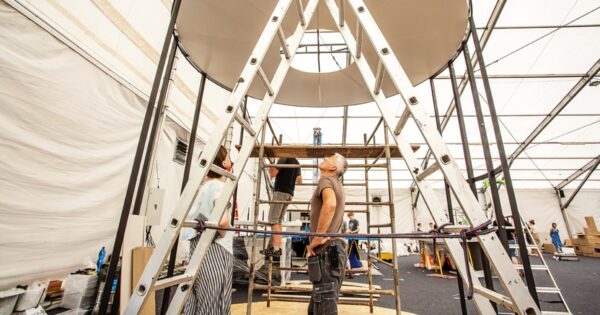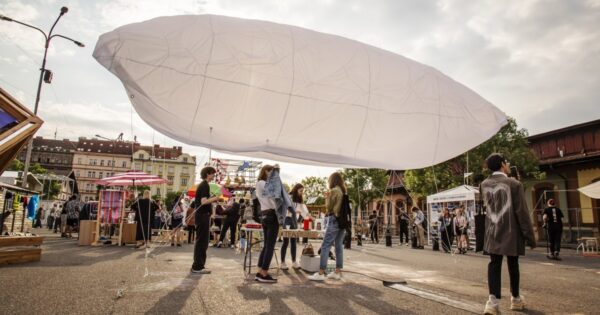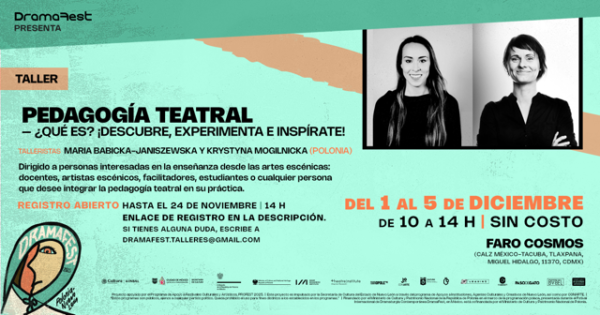The Zbigniew Raszewski Theatre Institute recently published a subsequent book (in Polish) as part of the “Reclaimed Avant-garde” project. Teatr dynamiczny. Wybór pism o teatrze, muzyce i polityce [Dynamic Theatre. A Selection of Writings on Theatre, Music and Politics], is a collection of texts by the prominent Czech Avant-gardist Emil František Burian, edited by Jan Jiřík, and translated from Czech into Polish by Krystyna Mogilnicka. The book is available in the Institute’s Prospero Bookshop, and online at prospero.e-teatr.pl.
Emil František Burian was one of the most outstanding figures of Czech culture and public life in the first half of the 20th century. He was a composer, singer, essayist, and co-founder of Czech avant-garde theatres, most notably the D theatre. Burian was also a director, actor, playwright, teacher, and important leader of Czechoslovak theatre during that time. He worked in radio and film, composed several operas, as well as having penned several cabaret and hit songs, many of which are still popular today. One of his greatest achievements was the creation of a theatre that was completely different from what had existed thus far in Czech culture. Within the D theatre, which had been operating since the 1930s, he created a theatrical institution – more than just a building itself – where people would go every evening to see performances of varied artistic success. The theatre was based on entirely different principles: it operated as an association, E. F. Burian & kolektiv, where all members of the collective, whether actors, technical, or administrative staff, were considered peers and worked on equal terms. In the public sphere, D theatre functioned as a cultural institution where not only theatre activities were presented, but also those of other artistic fields such as music, fine arts, contemporary literature, etc. – something unique at the time – and formed a clear, unified program. This was further achieved through lectures, international conferences and festivals, the publication of books and magazines, the establishment of a Circle of Friends of the D Theatre, which enabled avant-garde art and culture to reach cities other than Prague, and participated in the resistance movement during the Second World War. The D theatre was the first establishment in Czech culture to create an institution of modern theatre to which future generations of Czech artists would refer and relate to. In the end, it would go on even to become a natural part of the Czech theatrical ‘DNA’. Emil František Burian was also a prolific essayist and vivacious commentator on public life, proceeding to write several hundred essays, critical treatises, and manifestos. This anthology presents a selection of his works, representing a wide range of the author’s artistic and social interests.
